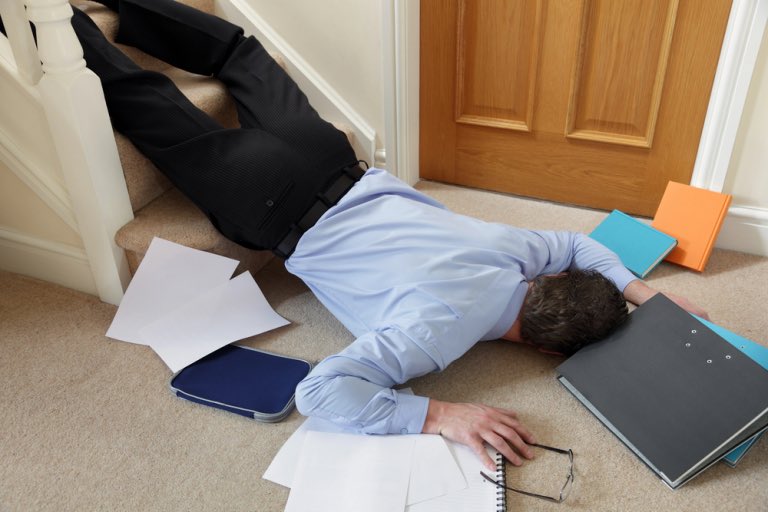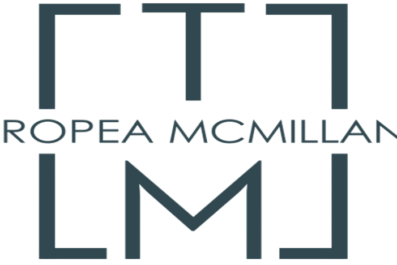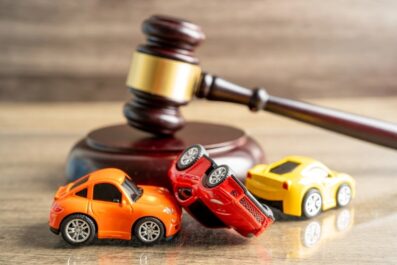How Premise Liability Protects You on Other People’s Property?

You have the right to expect a reasonably safe environment whenever you step onto someone else’s property—whether it’s a grocery store, a neighbor’s house, or a public park.
Premise liability laws are designed to protect you in these situations, holding property owners accountable for maintaining safe conditions. If you’re injured due to unsafe conditions on someone else’s property, these laws may entitle you to compensation for your injuries and losses.
Knowing how premise liability works can help you understand your rights and what steps to take if you’re hurt. For personalized guidance, consulting a personal injury law firm can provide the support and expertise needed to navigate these claims. This article will explore how premise liability protects you and what you need to know when you’re injured on another’s property.
What is Premise Liability?
Premises liability is a legal principle that holds property owners accountable for maintaining safe environments for visitors. This responsibility includes identifying and correcting potential hazards or providing clear warnings to prevent harm. Property owners must ensure that their premises do not pose a risk to anyone who enters, whether for business, leisure, or other purposes.
This liability covers a range of situations where negligence can lead to injuries. Common examples include slip and fall accidents due to wet floors or uneven surfaces, injuries from inadequate maintenance such as broken stairs or faulty lighting, and harm caused by insufficient security measures, which could lead to criminal activities.
Additionally, any unsafe conditions the owner knew or should have known about or did not address can also fall under premises liability.
Recognizing these scenarios is crucial for determining if you have a valid premises liability claim. If you’ve been injured due to such hazards on someone else’s property, understanding premises liability can help you pursue appropriate compensation for your injuries and losses.
Key Elements of a Premise Liability Claim
To successfully pursue a premise liability claim, several key elements must be established:
- Duty of Care: The property owner owes you a duty to maintain a safe environment.
- Breach of Duty: The owner failed to meet this duty by not addressing or warning about a known hazard.
- Causation: The hazardous condition directly caused your injury.
- Damages: You suffered actual harm, such as medical bills or lost income, due to the injury.
Types of Visitors and Their Rights
Your rights under premise liability law can vary depending on your status as a visitor. Generally, visitors fall into three categories:
- Invitees: Individuals invited onto the property for business or public purposes, such as customers in a store. Owners owe the highest duty of care to invitees, ensuring the premises are safe and regularly inspected.
- Licensees: Guests who enter the property for their purposes, like social visitors. Owners must warn licensees of any known dangers that aren’t obvious.
- Trespassers: People who enter without permission. Owners have a limited duty to avoid intentionally harming trespassers but may need to address known serious hazards.
Common Injuries in Premise Liability Cases
Injuries on someone else’s property can range from minor to severe. Some common injuries in premise liability cases include:
- Fractures and Sprains: These often result from slip and fall accidents, leading to significant pain and mobility issues.
- Head Injuries: Falls or being struck by falling objects can cause concussions or more severe traumatic brain injuries.
- Cuts and Bruises: Injuries from sharp objects or rough surfaces that might require medical treatment.
- Burns: Caused by exposure to fire, hot surfaces, or chemicals due to unsafe conditions.
Steps to Take After an Injury
If you’re injured on someone else’s property, taking immediate and appropriate actions can significantly strengthen your premise liability claim. First and foremost, seek medical attention right away. Prioritizing your health is essential, and having your injuries documented by a healthcare professional is crucial for supporting your claim.
After ensuring your medical needs are addressed, report the incident to the property owner or manager. It’s important that they are made aware of the accident and that an incident report is created. If possible, obtain a copy of this report for your records.
In addition to seeking medical help and reporting the incident, gather as much evidence as possible from the scene. Take detailed photos of the area where the injury occurred, capturing any hazards that contributed to the accident.
Document your injuries with photographs and collect contact information from any witnesses who saw what happened. Keeping thorough records of your medical visits, expenses, and all communications with the property owner or insurance companies is also vital.
Potential Compensation for Premise Liability Claims
If you’ve been injured due to unsafe conditions on someone else’s property, you may be eligible for various types of compensation. One of the primary forms of compensation includes coverage for medical expenses. This can encompass immediate medical bills and ongoing treatment costs related to your injury, ensuring your health needs are fully addressed.
In addition to medical costs, you may be entitled to compensation for lost wages. This covers the income you lose during your recovery period and any future earnings you might miss if your injury affects your ability to work. Compensation can also include damages for pain and suffering, which account for the physical pain and emotional distress you experience due to the injury.
Other potential compensations include reimbursement for property damage if personal belongings were damaged in the accident. In cases where the property owner’s negligence was particularly egregious, punitive damages may also be awarded.
These are intended to punish the owner and deter similar behavior in the future. Understanding these types of compensation helps you evaluate the value of your claim and seek the recovery you deserve.
Safeguarding Your Rights and Seeking Justice
Premise liability laws are designed to protect you from injuries on someone else’s property by holding property owners accountable for maintaining safe conditions. Knowing your rights and the responsibilities of property owners helps you navigate the complexities of these claims effectively.
If you’ve been injured due to unsafe conditions, taking immediate steps such as seeking medical attention, gathering evidence, and consulting with a personal injury law firm can significantly strengthen your case. By understanding your rights and seeking professional guidance, you can work towards securing the compensation and justice you deserve for your recovery and peace of mind.




